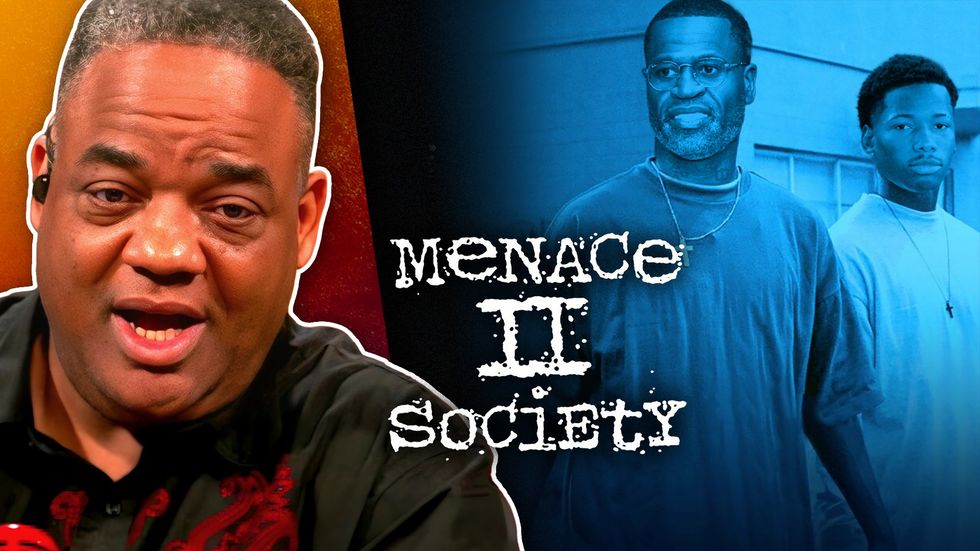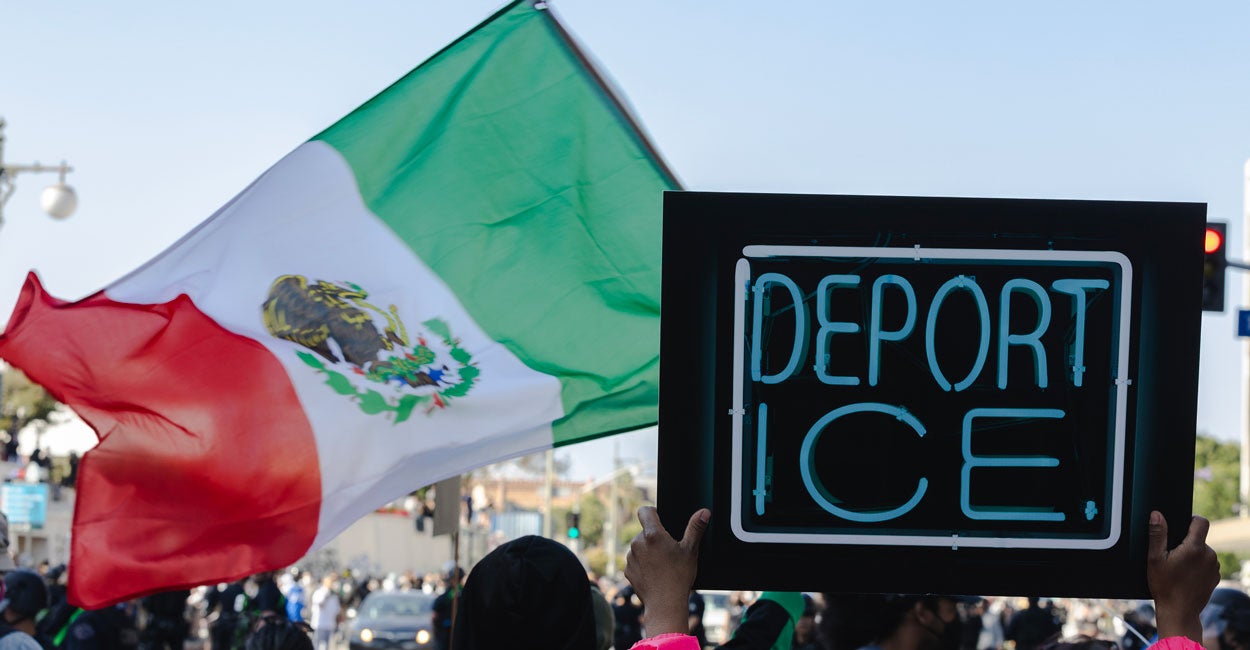‘Should raise some red flags’: Hundreds of assisted suicides should not have been approved



The latest shocking “medical assistance in dying” (MAiD) report from Canada reveals that 622 of the MAiD deaths that occurred in 2023 never should have been approved at all, as they did not meet the standard requirements by law.
In an analysis, CTV News correspondent Kamil Karamali noted that the 622 deaths fell into a category known as “Track 2,” in which the patient still had the possibility of living a long life, but chose MAiD for other reasons. However, he said, while a “terminal” illness is no longer necessary by law, the patient must still have a “serious or incurable illness, disease or disability,” and be facing “an advanced state of irreversible decline in capability,” and “have enduring and intolerable physical or psychological suffering that cannot be alleviated under conditions the person considers acceptable.”
According to Karamali, those 622 deaths did not meet these specifications.
Dr. Sonu Gaind, a psychiatry professor at the University of Toronto, highlighted one of the common problems with “assisted dying,” especially as it pertains to people who are not terminally ill.
“It’s particularly concerning for the path to MAID for disabled people who are not otherwise dying, because in that path, the nature of suffering parallels the traditional markers of suicide,” he told CTV News “That includes things like feeling a burden and a strong sense of loneliness. The StatCan report found that, in the 622 MAID cases where natural death was not ‘reasonably foreseeable,’ 47 per cent suffered from isolation or loneliness and 49 per cent perceived themselves to be a burden to family, friends and caregivers. The only reason they died last year was because they were provided MAID,” said Gaind. “We’re talking about people, in some cases, that had more than 10 years to live. That should raise some red flags.”
Multiple studies have shown that many people seek assisted suicide not because they are in pain, but because they are depressed, feel hopeless, have no support, and are afraid of being a burden to loved ones.
Earlier this year, a survey from the non-profit Angus Reid Institute in partnership with Cardus highlighted that many Canadian citizens are “worried about financially or socially vulnerable people considering MAiD because they can’t access adequate, quality care.” Those who seek MAiD outside of a terminal illness prognosis would certainly qualify as “vulnerable” populations, and as this data shows, citizens are right to be concerned that hundreds are accessing legalized death.
As UBC law professor Isabel Grant explained to CTV News, “It’s discriminatory because when other people express loneliness or a loss of dignity or a desire to die, we usually respond with support or prevention — but with people with disabilities, we respond with an offer for MAiD.”
[Editor’s note: This story originally was published by Live Action News.]
What's Your Reaction?
 Like
0
Like
0
 Dislike
0
Dislike
0
 Love
0
Love
0
 Funny
0
Funny
0
 Angry
0
Angry
0
 Sad
0
Sad
0
 Wow
0
Wow
0











































































